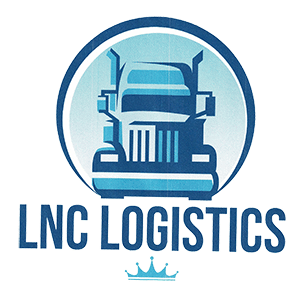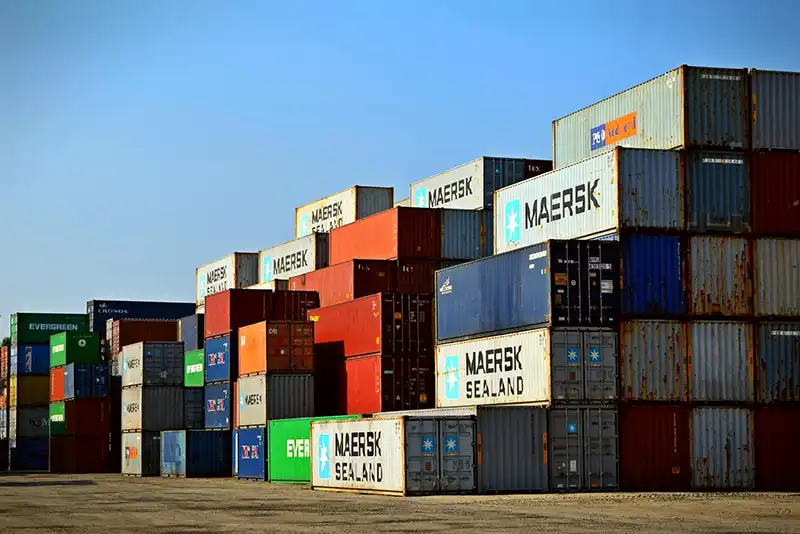LTL Freight Shipping In Houston And Surrounding Areas
In today’s fast-paced world of commerce, efficiently moving goods from one location to another is crucial. For businesses in Houston and the surrounding areas, understanding the ins and outs of Less Than Truckload (LTL) freight shipping can significantly affect their logistics and bottom line. Let’s explore the benefits of LTL freight shipping and why partnering with a trusted logistics company, like LNC Logistics, is a smart move for your business. What is LTL Freight Shipping? LTL freight shipping refers to the transportation of relatively small freight. Instead of requiring a full truck to move your goods, LTL allows multiple shippers to share space on the same truck. This collaborative approach results in cost savings, as you only pay for the portion of the truck your freight occupies. Benefits of LTL Freight Shipping Cost Efficiency: Since you share truck space with other shippers, you only pay for the space you use, making LTL a cost-effective solution for smaller shipments. Flexibility: LTL shipping is ideal for businesses with varying shipment sizes. It allows you to scale your shipping needs according to demand. Reduced Environmental Impact: By consolidating shipments, LTL shipping reduces the number of trucks on the road, leading to lower […]
LTL Freight Shipping In Houston And Surrounding Areas Read More »










